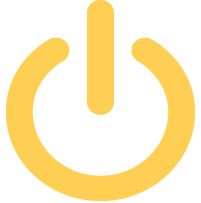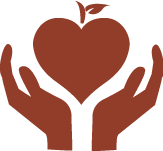Portal Glossary
This glossary provides definitions, descriptions, and clarifications for selected terms used within the Minnesota Standards Portal.
Academic standard means a summary description of student learning in a content area comprised of one or more benchmarks (Minn. Stat. § 120B.018).
Benchmark means specific knowledge or skill that a student must master to complete part of an academic standard by the end of the grade level or grade band (Minn. Stat. § 120B.018). Schools must offer and students must achieve all benchmarks for an academic standard to satisfactorily complete that state standard (Minn. Stat. §120B.023).
Career and college ready means a high school graduate has the knowledge, skills, and competencies to successfully pursue a career pathway, including postsecondary credit leading to a degree, diploma, certificate, or industry-recognized credential and employment. Students who are career and college ready are able to successfully complete credit-bearing coursework at a two- or four-year college or university or other credit-bearing postsecondary program without need for remediation. (Minn. Stat. § 120B.30)
Credit means an academic year of study as determined by the district (Minn. Stat. § 120B.018).
Cultural competence, cultural competency, or culturally competent means the ability of families and educators to interact effectively with people of different cultures, native languages, and socioeconomic backgrounds. (Minn. Stat. § 120B.30)
Curriculum means district or school adopted programs and written plans for providing students with learning experiences that lead to expected knowledge and skills and career and college readiness. (Minn. Stat. § 120B.11)
Experiential learning means learning for students that includes career exploration through a specific class or course or through work-based experiences such as job shadowing, mentoring, entrepreneurship, service learning, volunteering, internships, other cooperative work experience, youth apprenticeship, or employment. (Minn. Stat. § 120B.11)
Instruction means methods of providing learning experiences that enable a student to meet state and district academic standards and graduation requirements including applied and experiential learning. (Minn. Stat. § 120B.11)
World's best workforce means striving to: meet school readiness goals; have all third grade students achieve grade-level literacy; close the academic achievement gap among all racial and ethnic groups of students and between students living in poverty and students not living in poverty; have all students attain career and college readiness before graduating from high school; and have all students graduate from high school. (Minn. Stat. § 120B.11)






